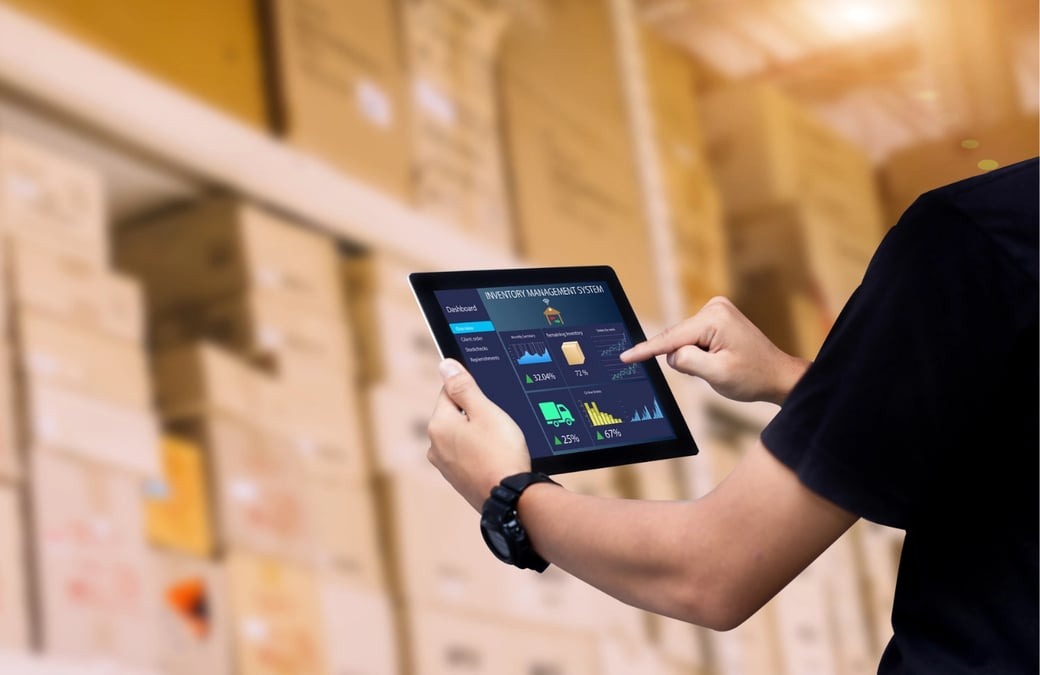Flashcards have long been a staple in effective study routines. Whether you’re learning new concepts, memorizing facts, or mastering vocabulary, flashcards provide a simple yet powerful way to engage with material and improve memory retention. Their versatility and adaptability make them essential for students, professionals, and lifelong learners alike.
In this article, we’ll explore the science behind why flashcards work, how to create effective flashcards, and how to incorporate them into your study sessions for optimal results. By the end, you’ll have a clear understanding of why flashcards are your study session essential.
Why Flashcards Work: The Power of Active Recall
Flashcards are incredibly effective because they encourage active recall, a learning technique that involves retrieving information from memory without relying on cues. When you use flashcards, you’re forcing your brain to recall facts or concepts from memory, which strengthens your ability to remember that information in the future. This is significantly more effective than passive study methods like reading or highlighting.
- Strengthens Memory: By actively engaging with the material, you build stronger connections in your brain, which helps retain information longer.
- Immediate Feedback: Flashcards provide instant feedback, allowing you to correct mistakes on the spot and reinforce correct answers.
- Engagement: The act of flipping cards and recalling answers keeps you engaged and prevents passive learning, making the study session more interactive.
The Role of Spaced Repetition in Flashcard Learning
Another reason flashcards are so effective is that they work well with spaced repetition, a learning strategy that involves reviewing material at increasing intervals over time. This method is highly efficient for long-term retention, as it helps you revisit information just before you’re about to forget it.
Spaced repetition is based on the idea of the “forgetting curve,” which shows that we forget information over time unless it is reinforced. By reviewing flashcards at spaced intervals, you strengthen your memory and ensure that the material stays fresh in your mind.
Here’s how to apply spaced repetition with flashcards:
- Start with frequent reviews: When you first learn new material, review it daily to reinforce your understanding.
- Space out the reviews: As you become more familiar with the material, increase the time between reviews. For example, review after two days, then five days, then a week.
- Focus on problem areas: Spend more time on flashcards you struggle with and less time on those you’ve already mastered.
Benefits of Using Flashcards in Your Study Routine
Flashcards offer numerous advantages that make them a valuable tool for any study session. Here are some of the key benefits:
1. Customizable and Adaptable
Flashcards can be tailored to any subject or concept, making them versatile for various fields of study. Whether you’re learning math formulas, historical facts, or scientific definitions, you can create flashcards that suit your specific needs.
2. Portable and Convenient
Whether you use physical flashcards or a digital flashcard app, flashcards are easy to carry and use wherever you go. This makes it convenient to fit in study sessions during breaks, commutes, or any spare time.
3. Efficient Time Management
Flashcards allow you to break down complex material into manageable pieces. This lets you focus on one concept at a time, making your study sessions more targeted and productive.
4. Active Learning
Flashcards require you to engage with the material through active recall, which helps deepen your understanding and retention. This active form of learning is more effective than passive methods like reading or highlighting.
How to Create Effective Flashcards
Creating effective flashcards is essential to maximizing their benefits. Here are some tips to help you design flashcards that enhance your study sessions:
Keep It Simple
Each flashcard should focus on one concept or question. Avoid adding too much information to a single card, as this can make it overwhelming and reduce its effectiveness.
Use Visuals
Incorporating visuals such as diagrams, charts, or pictures can improve memory retention, especially for visual learners. Visual aids help reinforce concepts and make the material more engaging.
Simplify the Language
Use simple, clear language on your flashcards. The goal is to quickly recall information, so using your own words to explain concepts helps you better understand and remember the material.
Organize by Category
Group your flashcards by category, topic, or difficulty level. This allows you to focus on specific areas during each study session and track your progress more effectively.
Digital vs. Physical Flashcards: Which Is Better?
Both digital and physical flashcards have their benefits, and the choice largely depends on your personal preference and learning style. Here’s a comparison of the two:
Physical Flashcards
- Tactile Learning: Some learners benefit from the physical act of writing and flipping cards, which can help reinforce memory.
- Customization: You have complete control over the design and layout of physical flashcards. You can add colors, drawings, or other personal touches.
- Portable: Physical flashcards are easy to carry around and can be used anywhere without needing a device.
Digital Flashcards
- Spaced Repetition: Many digital flashcard apps, such as Anki and Quizlet, incorporate spaced repetition algorithms, which automatically schedule reviews at optimal intervals for memory retention.
- Multimedia Integration: Digital flashcards can include audio, images, and even video, making them more dynamic and interactive.
- Convenient and Organized: Digital flashcards are stored on your device, making them easy to organize, update, and access from anywhere.
Using Language Flashcards to Master New Languages
When learning a new language, flashcards are especially useful for building vocabulary, mastering grammar, and practicing pronunciation. Language flashcards help you memorize words and phrases by associating them with their translations or meanings.
Here’s how language flashcards can help you in language acquisition:
- Vocabulary Building: Flashcards make it easy to memorize new words and their meanings. Regular review through spaced repetition ensures that the words stay in your memory long-term.
- Grammar Practice: Use flashcards to reinforce grammar rules and conjugation patterns. For example, you can create cards with verb tenses on one side and their correct conjugations on the other.
- Pronunciation: Digital flashcard apps often include audio features that allow you to hear the correct pronunciation of words, helping you practice speaking and listening skills.
Incorporating language flashcards into your study routine will accelerate your progress and improve your fluency in a new language.
Tips for Incorporating Flashcards into Your Study Routine
To get the most out of flashcards, consistency is key. Here are some tips to help you integrate flashcards into your study sessions:
1. Set Daily Review Goals
Set aside time each day to review your flashcards. Even 10-15 minutes of daily review can significantly improve your retention and recall.
2. Focus on Weak Areas
Spend more time reviewing cards that contain material you find challenging. Prioritize the flashcards that require the most attention and review easier cards less frequently.
3. Test Yourself Regularly
Use your flashcards to quiz yourself. Self-testing is an effective way to reinforce learning and ensure that you’re making progress in understanding the material.
4. Stay Consistent with Spaced Repetition
Leverage spaced repetition by reviewing flashcards at optimal intervals. This technique will help you retain information long-term and reduce the need for last-minute cramming.
Conclusion
Flashcards are a powerful and versatile tool that can transform your study sessions and improve your academic performance. Whether you’re mastering a new language, preparing for an exam, or learning a complex subject, flashcards provide a structured and engaging way to review and retain information. By incorporating active recall, spaced repetition, and visual aids into your flashcard routine, you’ll be well on your way to academic success. With the right approach, flashcards will become your study session essential, helping you learn more efficiently and effectively.










